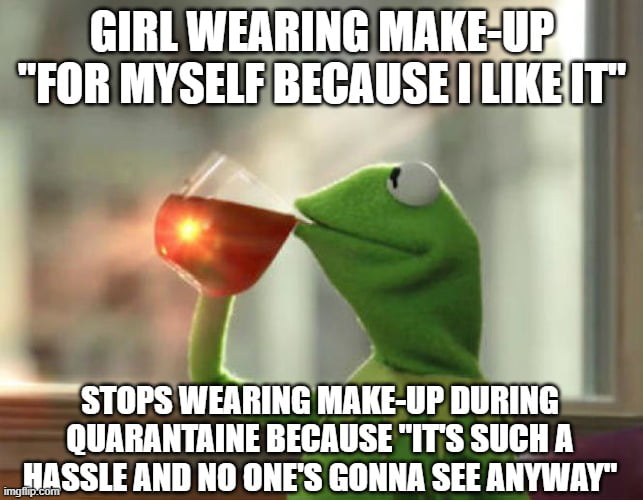
Women leaders are significantly more likely than men leaders to leave their jobs because they want more flexibility or because they want to work for a company that is more committed to employee well-being and DEI. Women leaders are seeking a different culture of work.

It also means that women leaders are stretched thinner than men in leadership not surprisingly, 43 percent of women leaders are burned out, compared with only 31 percent of men at their level.ģ. Spending time and energy on work that isn’t recognized could make it harder for women leaders to advance. Indeed, 40 percent of women leaders say their DEI work isn’t acknowledged at all in performance reviews. Compared with men at their level, women leaders do more to support employee well-being and foster DEI-work that dramatically improves retention and employee satisfaction but is not formally rewarded in most companies. Women leaders are overworked and underrecognized. And this is especially true in senior leadership: only one in four C-suite leaders is a woman, and only one in 20 is a woman of color (Exhibit 1).Ģ. The state of the pipelineĭespite modest gains in representation over the last eight years, women-and especially women of color-are still dramatically underrepresented in corporate America. The rest of this article summarizes the main findings from the Women in the Workplace 2022 report. They’re watching senior women leave for better opportunities, and they’re prepared to do the same. Young women are even more ambitious and place a higher premium on working in an equitable, supportive, and inclusive workplace. If companies don’t take action, they risk losing not only their current women leaders but also the next generation of women leaders. And finally, it’s increasingly important to women leaders that they work for companies that prioritize flexibility, employee well-being, and diversity, equity, and inclusion (DEI). They’re doing more to support employee well-being and foster inclusion, but this critical work is spreading them thin and going mostly unrewarded. They’re more likely to experience belittling microaggressions, such as having their judgment questioned or being mistaken for someone more junior. Women leaders are just as ambitious as men, but at many companies, they face headwinds that signal it will be harder to advance. The reasons women leaders are stepping away from their companies are telling. And all of these dynamics are even more pronounced for women of color. Now, companies are struggling to hold onto the relatively few women leaders they have. For years, fewer women have risen through the ranks because of the “broken rung” at the first step up to management. Women are already significantly underrepresented in leadership. That could have serious implications for companies. Women leaders are switching jobs at the highest rates we’ve ever seen-and at higher rates than men in leadership. This research revealed that we’re amid a “Great Breakup.” Women are demanding more from work, and they’re leaving their companies in unprecedented numbers to get it.

Ultimately it's quite a touching film with some funny moments - and it looks gorgeous - but it doesn't seem to serve much of a purpose and fails more often than not in its attempts to be quirky.This article is a collaborative effort by Alexis Krivkovich, Wei Wei Liu, Hilary Nguyen, Ishanaa Rambachan, Nicole Robinson, Monne Williams, and Lareina Yee. They're incorporated seamlessly into the movie, but they have a tendency to stick out like sore thumbs considering everything surrounding them is so dull.

There are a handful of wonderful individual moments in the picture, particularly in the second half: the amateur surgery to implant a device into our heroine's back, a tense cafeteria sequence where the patients are as nervous about the outcome of a meal as the audience, a couple of magical but all-too-brief musical numbers, doctors mown down in a hail of bullets. After nearly an hour or so of this it's tempting to switch off, and I wish I could say the pay-off was worth persevering for, but it falls just short. While it picks up in the second half where something resembling a plot kicks in, far too much time is spent on frankly boring episodes, with a script that seems content to observe the goings-on inside the mental hospital where the film takes place without commenting on them or concern for narrative impetus. The film though is a disappointing misfire. Also familiar from his Vengeance Trilogy are the imaginative fantasy sequences, and a similar score that gives off the impression of a director putting on a pair of comfortable slippers. It's filled with the trademark beautiful visuals, bold uses of colour and CG flourishes fans of Park Chan-wook will appreciate. The director's stamp is all over I'm a Cyborg, But That's OK.


 0 kommentar(er)
0 kommentar(er)
